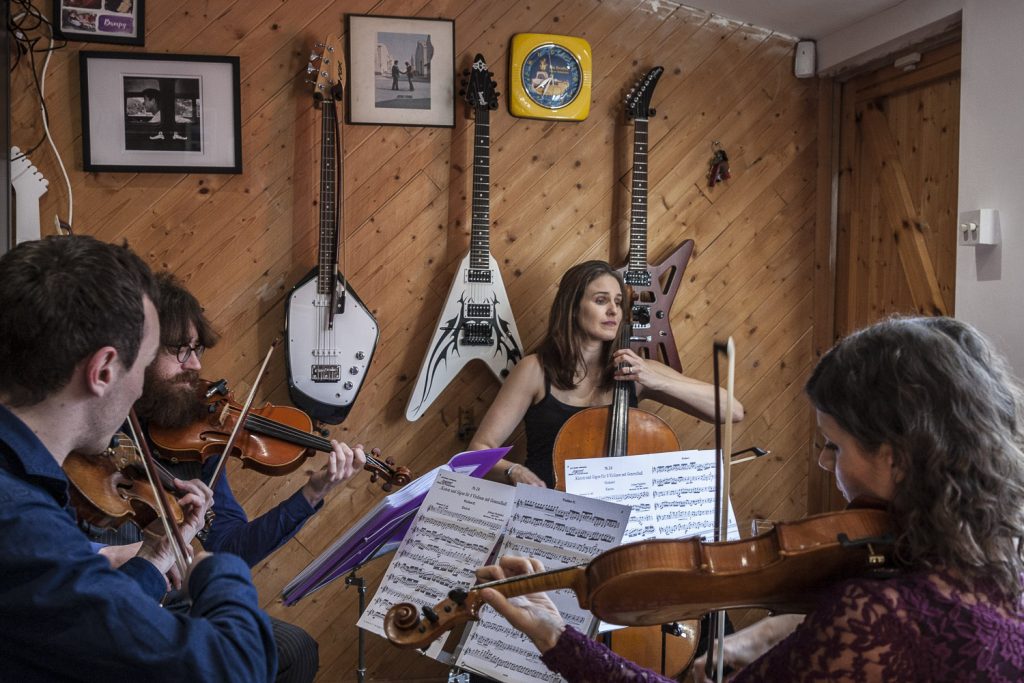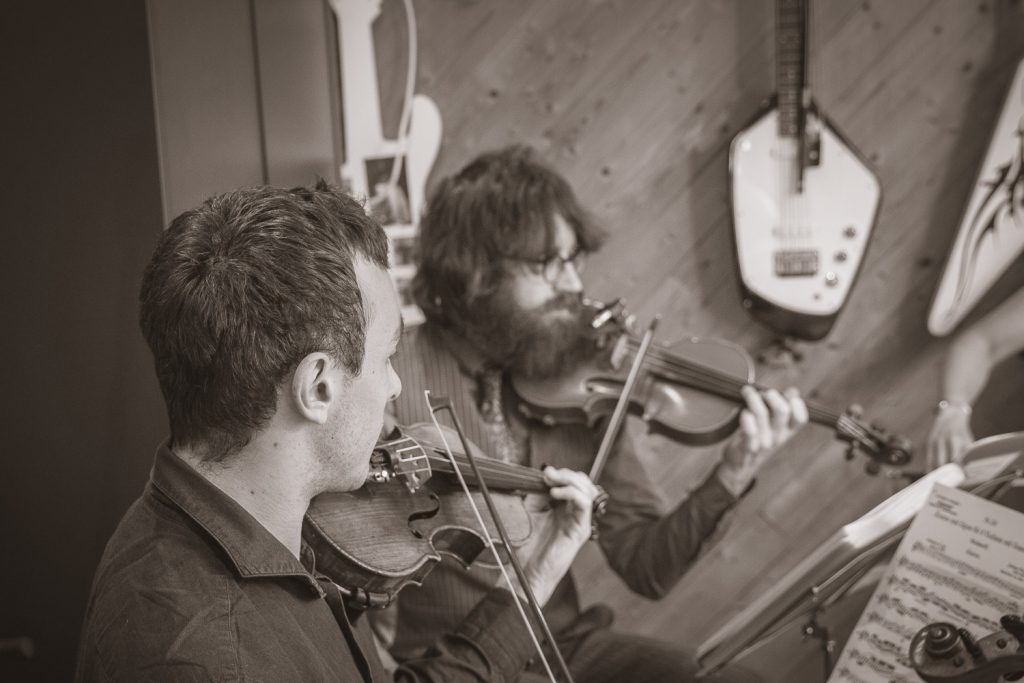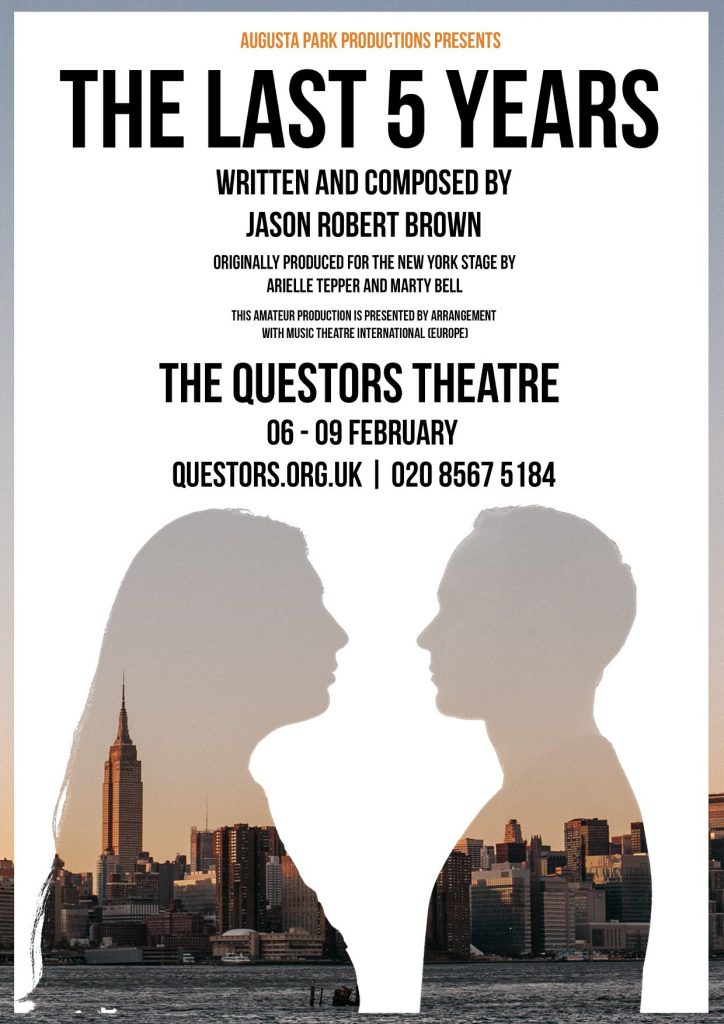(this interrupts chronological sequence but is too bizarre a story, or collection of stories, to not tell while I think of it)
So last night (Saturday), I was playing a bar gig with Kindred Spirit Duo. Nothing unusual in that, though more gigs would always be welcome! Ruislip Royal British Legion do ask for a lot of music though – 2 x 75 minutes in effect, as against the ‘industry standard’ of 2 x 45, even if the pay is pretty much in proportion. And one of the bitter ironies of being dependent on public transport is that the later into the evening you get, the longer your journey takes. We ‘finished’ at 11:45, on schedule more or less, and did an encore. Having consulted Citymapper for options on getting home, I made it out the door at midnight and route-marched to Ruislip Tube station in under 10 minutes. However, part closure of the Metropolitan line and the extreme slowness of night buses (even though I got lucky and only had to wait, sheltering in a doorway out of the rain, for 4 minutes, for one) meant I got home just after 2am.
It seems to be getting more and more common for amateur orchestras and choral societies to have Sunday concerts, often late afternoon or early evening start rather than the traditional 7:30; so I should probably not express surprise at that either. I had been hired (my second job through MAS) to reinforce the viola section for one of these; but 3:30 concert meant 11:30 rehearsal downbeat, and it was in Harlow.
I duly hauled myself back out of bed after less than 5 1/2 hours’ sleep, and was on a train before 9am (yes, today, a Sunday). Train to London Bridge, Northern line to Bank and walk through the financial district to Liverpool Street were all straightforward. But as I entered the station, with a quarter of an hour to spare, there was an announcement on loop about trains being disrupted towards Cambridge due to an overhead line problem (I believe either it blew down or a tree was blown over onto it) near Bishop’s Stortford. Guess what line Harlow’s train stations are on? However, my train was showing as on time and not cancelled albeit without a platform indicated for boarding, so I waited. When it was due to leave in about 4 minutes, the departure time started to shift back, in sync with the passage of time so it was basically always expected to leave in 4 minutes. I checked for alternative train routes, and established there weren’t any. Eventually, the station list for my train was abruptly curtailed, stopping way short of Harlow.
At this point I dug around the Web to find a public transport route to Harlow without taking the train, and came up with taking the so-called Central line to Epping (basically the north-east corner of the TfL empire, beyond the M25 even; so as near to Harlow as you can get on an Oystercard!), and then a bus, followed by another bus across Harlow (I thought I’d probably replace the last bit with a taxi given I was going to be late).
To Epping, so far so good. Bus timetables said I had 15 minutes here; which was good, as my plan for the day’s timings and blood sugar management called for a second breakfast somewhere en route (it would originally have been in Harlow), since I didn’t know when I would get lunch with a rehearsal starting at 11:30 but I knew it wouldn’t be early! I found a lovely independent cafe; unfortunately, it was tiny, crammed full of people getting cooked breakfasts out as a Sunday treat, had only two staff on doing everything (not that there was room for more), and service was correspondingly long-deferred. I emerged just in time to see my bus disappearing round the corner, 3 minutes early (a real risk of buses at quiet times – essentially they make quicker progress without traffic or having to spend much time picking up and setting down). I was relatively little exasperated, there being another one due in 8 minutes (followed by an hour gap) and having sent a message through MAS warning I would be delayed, since I had no direct contact details for nor had received any direct contact from the orchestra.
The second bus did not show up. By the time it was nearly 10 minutes overdue, it was evident it wasn’t coming and I resorted to the demon Uber. Rather to my surprise, there was a driver available a couple of minutes away and the journey to the venue only took 15 minutes; so instead of arriving at noon, I actually walked in at almost exactly 11:30. (This isn’t the classical definition of ‘on time’ however; orchestral start times are always ‘downbeat’ times, meaning you are by that time in your seat, with your instrument unpacked and set up, with a music stand and music in front of you, ready to tune as a group and then play.)
The conductor was pleased to see me only a little late having been told I would be later, and cheerfully but with no indication of this being unusual waved me to the front right chair of the viola section.
Now the usual practice of amateur orchestras hiring professionals to strengthen their string sections is generally to put them at the back; on the grounds that even if they are perhaps better musicians in the abstract, the orchestra members have been rehearsing for several weeks and the extras are coming in, quite possibly sight-reading a few hours before the concert and certainly picking up tempi, bowings, interpretation etc. as they go along with effectively no time to practise between then and the performance, so they could probably do with a bit of cover and with having someone else to follow. Clearly Harlow Symphony Orchestra follow a different policy of bringing in pros to give them some leadership; I discovered that, at least, my desk partner and both front-desk 1st violins were also professionals hired in for the day (paying a pro to lead an amateur orchestra, attending all rehearsals, is not unusual, but Samantha had only been added today).
I should also explain for those who don’t play in orchestral string sections that the front-right player of each violin and viola section is usually the section leader – though in practice convention is that the violas defer to the violins or cellos if they are playing the same music (yes, violas really are bottom of the pile), I try not to be dictatorial about much especially when the time I have to master the notes is limited, and Olivia, next to me, was if anything sharper on copying in bowings and markings than me. Still though, if I’d have known I was going to be leading the violas before I arrived, I would at least have looked and listened through the music in advance, and probably like the orchestra leader spent some time on the tricky corners of Schubert’s 4th symphony (which I had played before, on viola, but apparently repressed the memory of the chromatic passage-work in the last movement). And/Or offered to swap places with Olivia…
In any case, rehearsal of the overture (Mozart’s to Cosi fan tutte) and symphony went more or less as they usually do on such jobs, except I had no principal viola to follow and had to do rather more copying uniform bowings from Samantha’s playing rather than the front desk’s copy! Unfortunately, it emerged that the soloist for the Brahms violin concerto (which I had not played before) had got caught up in the same transport snafu as me, with even less success escaping London. We rehearsed some of the tutti sections. (An aside: in concerti, only, the term ‘tutti’ (all) is used to mean the orchestra playing without the soloist, in distinction to ‘solo’ which is when the soloist is playing. This doubtless made perfect sense when the concerto as a form emerged in the mid-Baroque period, and in general the orchestra, apart from the basso continuo (17th-18th century rhythm section – the parallels with jazz instrumentation are strikingly wide-ranging), would play in alternation with the soloist(s) rather than accompany them. However, by the mid-19th century, concerto solos were being written with accompaniment of any part(s), or indeed more or less the whole, of the orchestra. It only struck me today how odd it is that in Romantic and later concerti, the tutti mark in fact tends to signify fewer people being involved (the soloist is silent) than solo!) The soloist eventually reached us 10 minutes before the scheduled end of the rehearsal. He and the orchestra regulars had apparently rehearsed the concerto at the previous rehearsal, and a good thing too since it was the first time he had performed it with orchestra and he had only started learning it 3 weeks earlier (you wouldn’t have known. Git. I’m so jealous.), but that was only of limited help to those of us who hadn’t been there then! We lucky few went into the concert having not played any of the first movement with the soloist, and indeed not played vast swathes of the piece at all except inasmuch as we had practised them in the green room between rehearsal and concert.
The last thing we ran in the rehearsal was the end of the concerto, which conventionally enough has some loud chords with double and triple stops in the strings. Literally a couple of bars from the break before the concert, the horsehair of my bow pulled out of the somewhat complex arrangement that holds it in place at the tip. It’s a professional job to put back together, though probably not a long or particularly expensive one – I’ll find out when I get it done, as soon as I have the time. Massive thanks to Olivia Volynkina for lending me her spare, though having to use an unfamiliar one (even after I spent most of the late lunchbreak getting used to it) and being told ‘Don’t break my bow!’ didn’t exactly make me more relaxed.
Rehearsal ended at 2pm; I certainly needed to get some lunch, so stepped out into Old Harlow to search for it. To find that it was sleeting. Unpleasant but perhaps not the weirdest of weather for a British March (after all, this time last year we had full-blown snow lying on the ground), but somewhat discombobulating coming a fortnight after 20+ degree heatwaves. At least the clouds had cleared by the time I came back from eating.
After all of which, I should probably put on record that Ionel Manciu’s Brahms concerto was jaw-dropping, and a near-capacity audience were very appreciative of the whole concert. Lest you forget why all this was happening to me.
However, my day was not over. There was no indication the train service to London had been restored, so my journey home would be more or less a mirror image of the outward one. Except there was no way I was paying up for another Uber back to Epping, even if it had been cheaper than I feared on the way out.
A map search revealed Harlow bus station, nearest connecting point to the buses to Epping, to be just under 2 miles away; with it being still light and dry (at around 5:30), walking seemed preferable to a probably long wait for a short bus ride. After a walk in the course of which a freezing wind did more to restyle my hair than my first girlfriend’s experiments with various products ever achieved, an on-the-ground search revealed that Google Maps marks Harlow bus station in the wrong place; all that stands where the map points you is a petrol station and a hospital car park. Some muttered swearing and head-scratching eventually led me to the discovery that the bus station was actually on the other side of a shopping centre.
The sleet / rain returned to falling by the time I got on the bus; by the time I reached Epping, the cars emerging from the station car park had a good half-inch of actual snow coating their rooves and bonnets. A mad world my masters.
I finally reached home about 8:45pm, so a 12-hour work-plus-travel day. My to-do list now contains ‘get viola bow fixed’, ‘seriously, buy a spare viola bow dammit!’ and ‘claim refund for train ticket’; but, for reasons that may eventually become apparent through future posts, it’s quite likely I won’t manage to tackle any of those things tomorrow. Here’s just hoping for less drama and more things going to plan …



